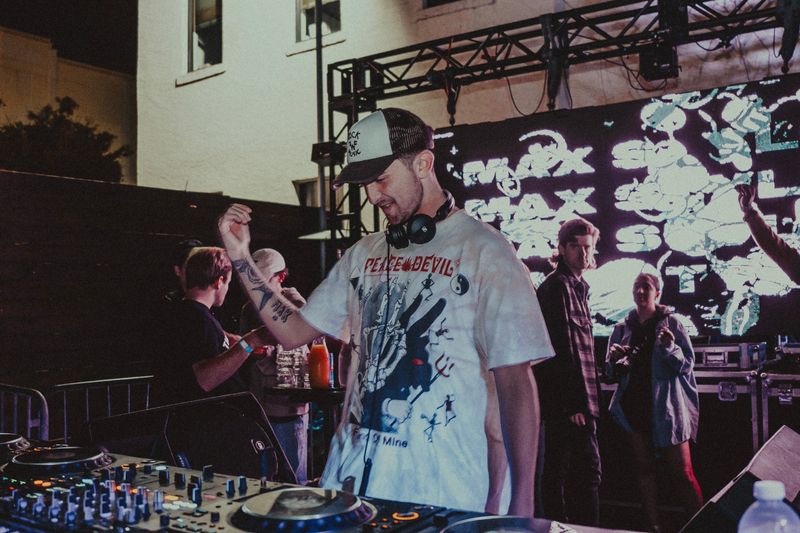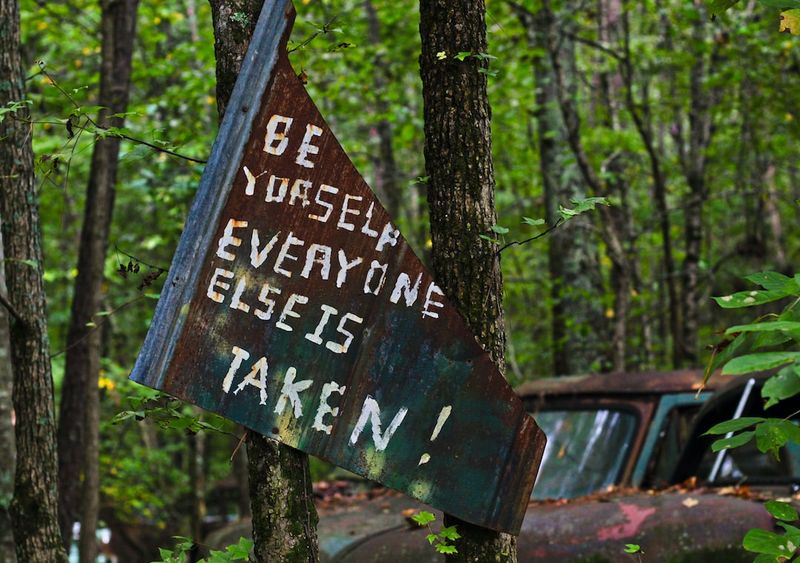The Eurovision Song Contest grand finale, held in Liverpool, England, on Saturday, was meant to be Ukraine’s party. After Ukraine won last year’s competition, the country won the right to host this year’s spectacle. However, with Russia’s invasion and the ongoing war, the event was relocated to Liverpool. In the midst of war, and with millions watching live, Ukraine’s entrant, Tvorchi, was among the favorites to win this year’s edition of the beloved singing competition.
However, Sweden crashed the celebration. Around midnight in the M&S Bank Arena, Eurovision’s hosts announced that the pop singer Loreen had won with “Tattoo,” a dance track that grows in intensity with each verse. Loreen was the bookmakers’ favorite for the competition, thanks to both her catchy track and Eurovision pedigree, having won once before, in 2012. Her victory means that Sweden, a Eurovision-obsessed nation, will host next year’s contest. Ukraine’s entry, the pop duo Tvorchi, finished in sixth place.
Eurovision, which started in 1956 and is now onto its 67th edition, is the world’s most-watched cultural event. Each year, entrants representing countries across Europe and beyond face off, performing original songs in the hope of securing votes from watching viewers and juries.
The organizers promised to host a party for Ukraine and Ukrainian culture was on broad display throughout the event. Eurovision fans walked the city carrying Ukrainian flags, and dozens of Ukrainian art installations could be seen in prominent locations around the city. In Kyiv, people gathered at a bar to watch the Eurovision Song Contest as Ukrainian contestants’ songs from years past were played on a screen.
European solidarity with Ukraine was clear throughout Saturday’s spectacle in Liverpool. It opened with a video of last year’s Ukrainian winners performing on a subway train in Kyiv, before the band appeared onstage to almost deafening cheers. Later in the broadcast, Julia Sanina, one of the evening’s TV hosts, went into the audience and spoke with displaced Ukrainians living in Britain who had been given discounted tickets to the final.
The show’s hosts and competitors were careful not to actually mention or criticize Russia, which last year was banned from participating in the contest because of its invasion of Ukraine. Eurovision is meant to be a nonpolitical event, and overt political statements are banned. Still, the nonpolitical rule was stretched to breaking point on Saturday night, with several participants performing songs that hinted at Russia’s invasion. During Tvorchi’s performance of “Heart of Steel,” the band sang lyrics including: “Despite the pain, I continue my fight.”
In conclusion, Sweden Wins a Eurovision Song Contest That Showed Solidarity With Ukraine, it was a night full of musical talent and European solidarity that has moved beyond just the song contest itself. It showed the power of music to unite people with love, empathy, and understanding. Let us hope that this spirit of love and solidarity can continue not only through events like Eurovision but also across the world.

<< photo by Summer >>
You might want to read !
- “Sweden’s Loreen Triumphs at Eurovision with Message of Unity and Acceptance”
- “Real Madrid vs Getafe: Live Stream Showdown for the Top of La Liga Table”
- Exploring Lily-Rose Depp’s new relationship with rapper 070 Shake
- “Cardinals’ Comeback Victory Against Red Sox Brings Hope for Playoff Hopes”
- Israel-Palestine Conflict Escalates with the Killing of a Top Palestinian Militant
- “Luis Perez Dominates as Defenders Overpower Renegades for Decisive Victory”
- Bob Stoops’ Arlington Renegades Prove They Are a Force to Be Reckoned With in XFL Win Over the DC Defenders




